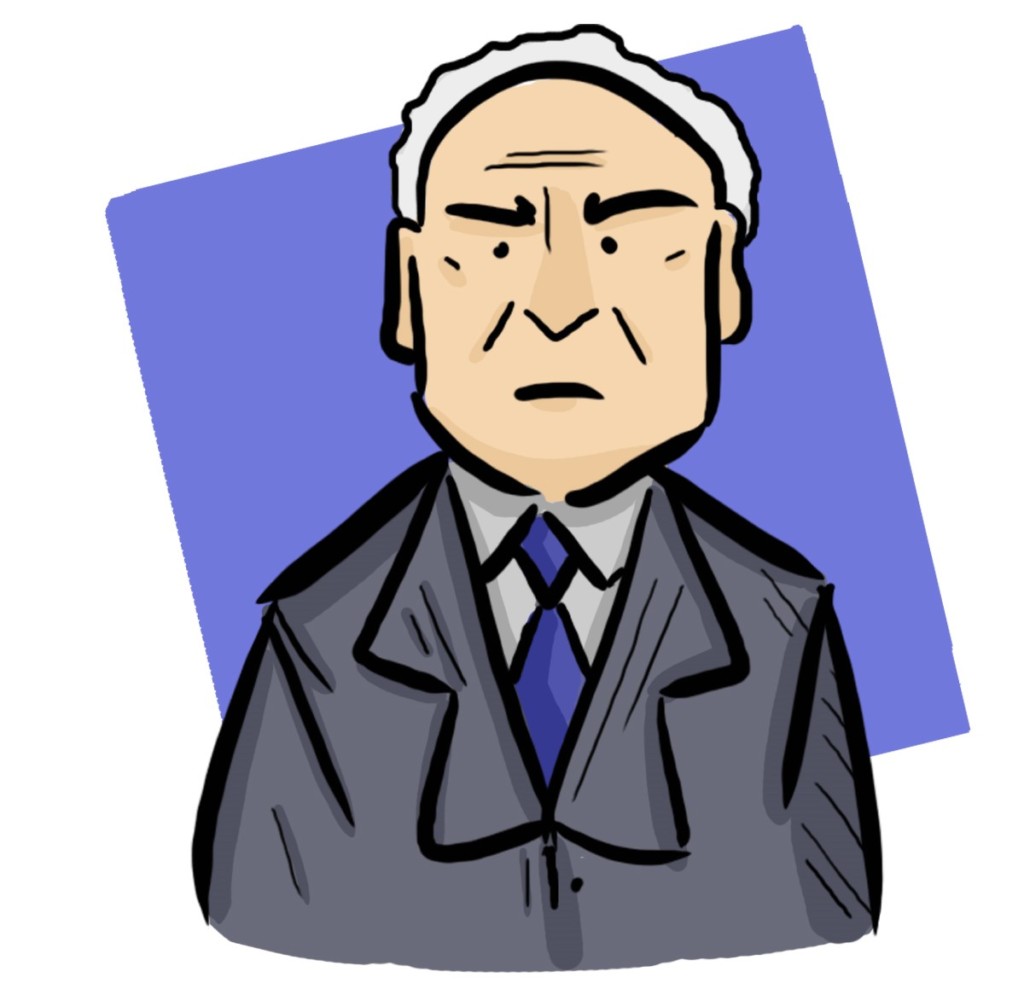
On February 2, 73 conservative MP’s voted to remove O’Toole as party leader vs the 45 who voted for him to remain.
Out with the old, in with who knows who
By Matthew Fraser, Editor in Chief
Shortly after the Conservative Party of Canada lost in the federal election, rumours and opinion pieces began to swirl calling for leader Erin O’Tooles’s removal. In November of the same year, Rupa Subramanya wrote an opinion piece for The National Post both outlining the scandal at that time as well as making the case for O’Toole’s removal.
Subramanya first explained that a Conservative senator named Denise Batters had begun the public campaign to remove O’Toole. Batters accused O’Toole of position inconsistency on issues including guns and conscience rights, positioning himself to close to the Liberal party as opposed to the centre of the Conservative party and demanding fealty from the party to him personally. Additionally, Batters is said to have accused O’Toole of being untrustworthy and in this way, unable to become a trusted leader of the nation. According to Subramanya, the Batters petition exceeded 2,000 votes in less than 24 hours.
By January 25, CTV News reported that three separate Conservative riding associations had expressed interest in an O’Toole leadership review. Shortly thereafter on January 31, CTV News reported that O’Toole was welcoming of a leadership review and seemingly confident in his statements. In a January 31 tweet thread, O’Toole stated: “I’m not going anywhere and I’m not turning back.” Though O’Toole presented himself as confident and in touch with his party, MP Garnett Genius had released a statement the same day stating that roughly one-third of Conservative MP’s had signed a letter further backing a leadership review.
On February 2, 73 conservative MP’s voted to remove O’Toole as party leader vs the 45 who voted for him to remain. As such, O’Toole resigned as party leader. Though O’Toole will no longer serve as party leader, he will continue as MP for Durham Ontario. In their reporting on the vote, CTV News quoted Alberta MP Matt Jeneroux as saying: “We must rebuild trust amongst Canadians and show them that we are strong and stable leaders who are rooted in our conservative values while also understanding that we can evolve, learn, and modernize our party to reflect all.” In the wake of O’Toole’s ouster, Jeneroux sees an “opportunity” for the party.
Of note is the fact that the method for O’Toole’s removal was the 2015 Reform Act created by Conservative MP Micheal Chong. CBC reported on June 22 that the bill aimed “shift some power away from party leaders and toward members of Parliament has been passed by the Senate.” As reported by CBC one of the key components was the ability for MPs to forward leadership reviews and remove failing leaders if necessary. In an October 2022 interview with The Hub, Chong argued that: “All the Reform Act has done is said that we need to have a process that’s clearly laid out in writing, so that when there is a crisis in leadership in the parliamentary party, there are clear rules on how to deal with it, how to review, and how to remove the party leader.” Chong pointed to previous efforts being “ad hoc and chaotic” as a defence for the act.
Following the vote, MP Pierre Poilievre announced that he would be running for Prime Minister. Though he did not specifically name the conservative party in his announcement, he did garner near-immediate public support from MP’s and voters alike. MP John Baird from the Ottawa area declared Poilievre a “very strong leader” in an interview with The West Block. In addition to Baird, at least 15 other MPs have endorsed Poilievre thus far, according to a list compiled by CBC.

